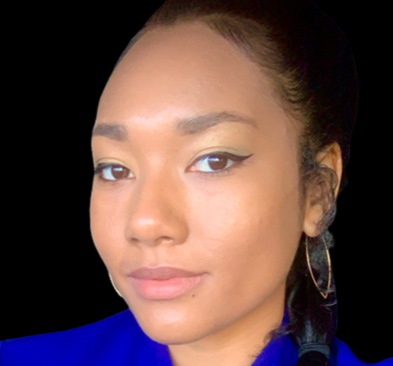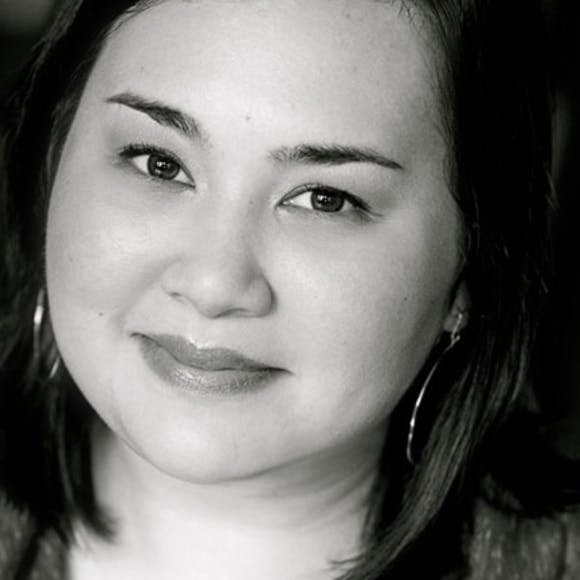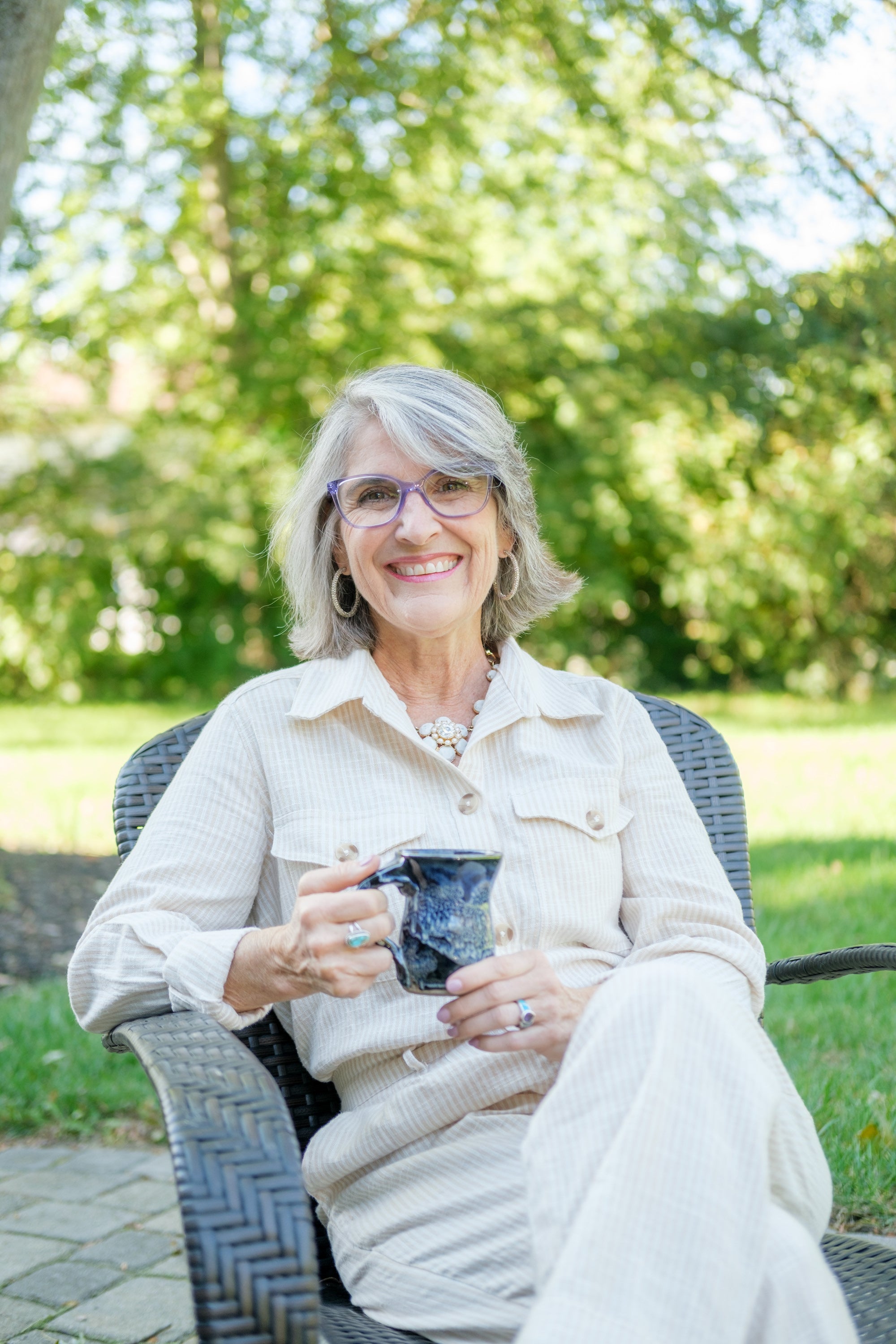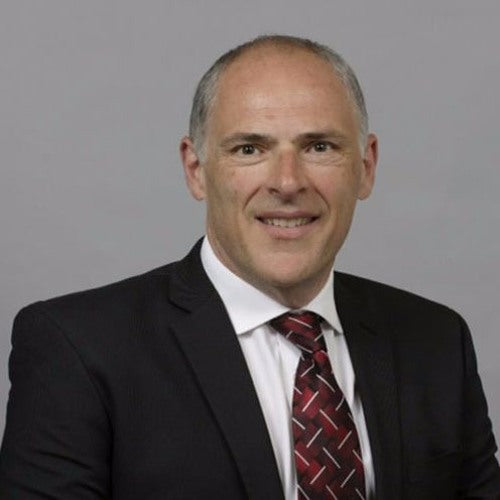Book: Parallel Past
Author: Julia Blues

Photo Courtesy of Julia Blues
Author: Julia Blues
Author Bio:
1. Honesty is a common theme in your books, why do you think that is/why do you choose to write about this?
Honesty is a common theme in my books because I believe it’s a missing attribute in reality. We run from the truth. We don’t want to ruin relationships with our truth and we dare not entertain a potential’s truth for fear of losing out.
We’re not honest about how we’re doing in life, how things are affecting us, how we ended up in situations. So, I wanted to tackle stories where the truth is told and confronted, and how characters learn to handle life with those newfound revelations.
2. The concept of love is another theme you played with so elegantly in your book "Parallel Pasts", why was this such a gripping concept you wanted to explore?
Because you cannot love another until you have learned to love yourself. Cory and Fatima did not love themselves, which was why it was hard for them to accept love from others. They had to grow to accept their past as it was so that they could be set free to live in the present and provide a better experience for the future.
They were both hurt by love. They didn’t want to repeat cycles of what love had done to them, so they shut themselves off from it. It’s the same way in life: we let past situations alter our perceptions when it had nothing to do with love, to begin with, but the people who used the word. Love never has been or is the problem. I wanted that to translate.
3. Who is a writer you genuinely admire/do you think their writing style has had an influence on how you come up with concepts in your stories?
I don’t have any particular favorite writers, but there have been various stories that have influenced me throughout my reading and writing experience. Some of my favorite books are "Liar’s Game" by Eric Jerome Dickey, "The Poet" by Michael Connelly, "Li’l Mama’s Rules" by Sheneska Jackson, "Lovestoned" by T.P. Carter. Honestly, I read more nonfiction and screenplays than novels, so those have definitely influenced the stories I tell.
4. Who is a mentor you have had in life/ what is the best lesson they have taught you about life?
Experience has been my biggest mentor and lesson giver. I couldn’t write what I write had it not been for thirty-odd years of experiences.
5. Did you plan to write a series with your two books or did your ideas just naturally flow into two books?
The books are standalone. I’m not a fan of reading series so there was no desire to write one.
6. What is the best book you read in 2017 thus far?
I’ve read a ton of books this year. The one that has stuck out the most would be Write It Down, Make It Happen: Knowing What You Want and Getting It by Henriette Ann Klauser. It opened my eyes to numerous things that had been weighing on my mind.
7. What is your writing process like/What is your favorite part of your writing process?
My favorite part of the writing process would be meeting new characters. Every time I sit down to write I learn something new, something different. It’s not always about them, but what they reveal about me. That’s just as rewarding as writing The End.
Now, I will say that my writing process is simple: I don’t have one. I write as information is downloaded to me…whenever that may be. I don’t force it. If I haven’t heard anything, I don’t write. However, there is always something brewing in my head; always processing the story.
Days may go by without moving any words across the page, but when I do, I see scene after scene after scene unfold. Outlining is not my thing. Character bios are not my thing. I let the story dictate who’s who and what’s what.
8. What is the best advice you have received on happiness?
That it’s unstable. LOL. Choose joy because no one can steal your joy.
9. What is the best advice you have for getting through writer's block?
I don’t believe in writer’s block. From my experience, whenever I sit down to write, something comes. It may not be what I want or what the story needs, but there is something. I tend to think it’s more of a lack of discipline, or honestly, pure laziness.
When we don’t take out the time for writing, the stories avoid us and trot off to someone else who’s ready to put in the work. To offer advice, I will say not to think too much about what you’re writing. Allow the words to breathe life on the page. Adjustments can come later. It’s easier to work with something than it is to work with nothing.
10. Do you plan on writing more books in the future?
I do. My current focus is writing screenplays, however. I have a feature film and TV series underway.
Places To Find More From This Author:
Instagram/Twitter: @thestorypsych
Website: www.thestorypsychologist.com

(Click Book to Purchase Now)







1 comment
Thank you for the pleasure of being interviewed by you! Wishing you current and future success.